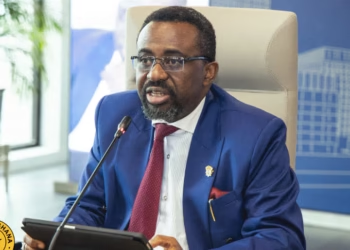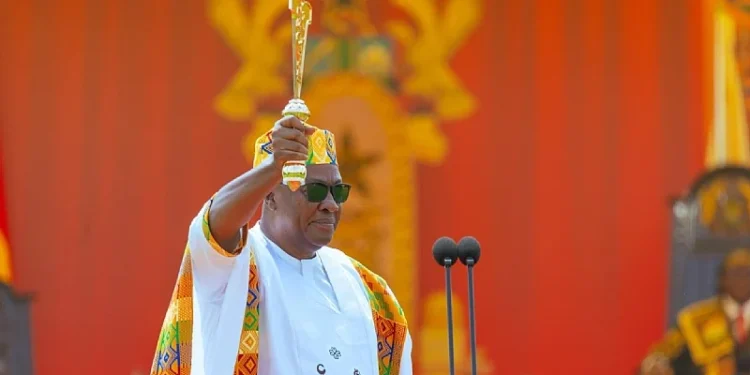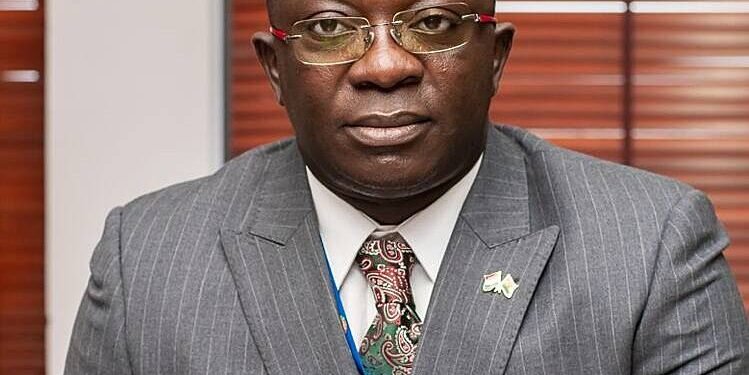The Nigerian government has outlined plans for the sale of not less than 36 national assets to a tune of N493.4 billion, for the purpose of raising funds to finance its 2021 budget.
These assets were categorized into departments, with 8 projects making up the industries and communication, 6 projects making up the Development institutions and Natural Resources departments, the Energy department has 9 projects. Others are infrastructure and public private partnership with 4 projects and post transaction management with 9 projects. These funds are expected to be generated from their sales between January 2021 and November 2022.
Top among the assets up for sale or concession include the Abuja Environmental Protections Board (AEPB), the Abuja International Conference Centre (ICC), some refineries (unnamed), the Transmissions Company of Nigeria (TCN), the Abuja Water Board, Nigerian Film Corporation, and many others.
The sale of these assets vary in terms of core investor sales (the transfer of at least 51 per cent ownership, accompanied by management control, in a company from government to new private owners), whilst others are for share sales. Some others are concessional and others are for full or partial commercialization.
According to Nigeria’s Bureau of Public Enterprise (BPE), the investor is designated as a ‘willing buyer’, and as such can be individuals or firms, Nigerian or foreign, with the money required to buy and operate the company, and the technical and managerial capabilities needed to ensure that the company is profitable.
This decision by the Nigerian government to sell these properties is to raise funds to fund N13.58 trillion in budgetary allocations as signed by President Muhammadu Buhari on December 31, 2020.

Details of the BPE document reveal that the government would earn as high as N484.476bn from the energy department. Estimated earnings from industries and communication departments was N9.239 billion and projected earnings from development institutions and natural resources was N51.112 million respectively.
But no revenue was projected for the infrastructure and public private partnership, albeit a total cost of N626.2 was projected to be spent on the above department. The post transaction management department was projected to obtain revenue to the tune of N212.458 million.
Early this year, the Minister of Finance, Budget and National Planning, Zainab Shamsuna Ahmed indicated that the government was going to sell selected properties to fund the year’s budget. And in addition to the sale of assets, the Federal Government was also going to resort to domestic and foreign borrowings to fund the budget.
However, public sentiments expressed during the period were in great opposition of the plan to sell off national properties to fund the budget as well as the decision to resort to borrowing. In the midst of this opposition, several civic groups, one of which is the Socio-Economic Rights and Accountability Project (SERAP) wrote to the National Assembly asking it to stop the president from selling off national assets- an act which it hinted would amount to a fundamental breach of constitutional and fiduciary duties.
SERAP proposed a cut in the cost of governance in areas like lawmakers’ salaries, constituency allowance, wardrobe allowance, recess allowance and entertainment allowance – to help generate revenue rather than the resort to sell national properties or borrow.
According to SERAP, the sale plan is counter-productive, explaining that the process would be open to corruption and mismanagement, undermine the social contract with Nigerians, leave the government worse off and may be very devastating to the country in the long run.
READ ALSO: Nigeria to rebase GDP in 2021- Dr. Kale























